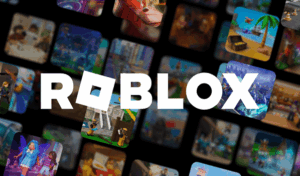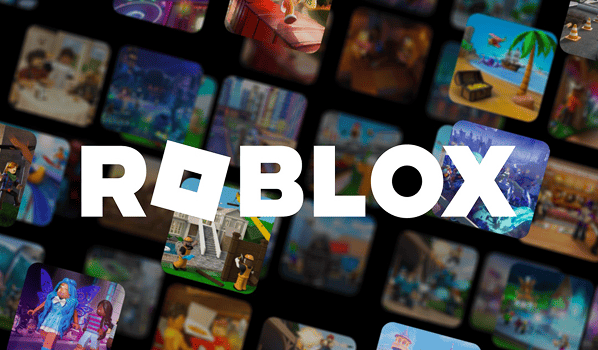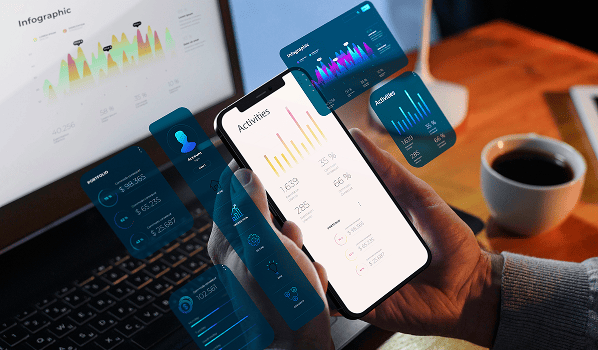Integrations
Geomotiv’s developers navigate the extensive ecosystem of auction platform integrations with various tools and services to enhance functionality, streamline operations, and improve user experience. Some of the most popular integrations include:
Payment Gateways
CRM Systems
Analytics Tools
Marketing Automation Tools
Accounting and Financial Tools
Inventory Management Systems
Shipping and Logistics Solutions
Identity Verification and Security
Live Streaming Services
Back-End
200+ senior in-house engineers and an internal base of 80.000 pre-vetted candidates power our auction software development company with the highest level of proficiency in back-end technologies. Our deep technical knowledge and extensive resources allow us to deliver reliable and high-performing solutions.
Python/Django
GraphQL
React.js
Front-End
Geomotiv brings together teams of front-end specialists and provides individual experts who excel at creating user-centric experiences. Our engineers use industry-standard and cutting-edge front-end technologies to create responsive interfaces tailored to the specific needs of the auction platform’s users.
HTML5
CSS3
JavaScript
Vue.js
Angular
Cloud
Enhance your online auction bidding software with our deep technical skills as a Google Cloud Partner and AWS development expert. Our team designs scalable, secure, and high-performance solutions leveraging Google Cloud’s advanced tools. Additionally, we use AWS’s robust services and global infrastructure to ensure reliable performance and rapid deployment.
Mobile
Our mobile developers work with tools like React Native for cross-platform apps, Swift for high-performance iOS development, and Java for Android OS to build online auction mobile apps with responsive interfaces and performance-ready architecture.
iOS
Android
Сross-platform



























































